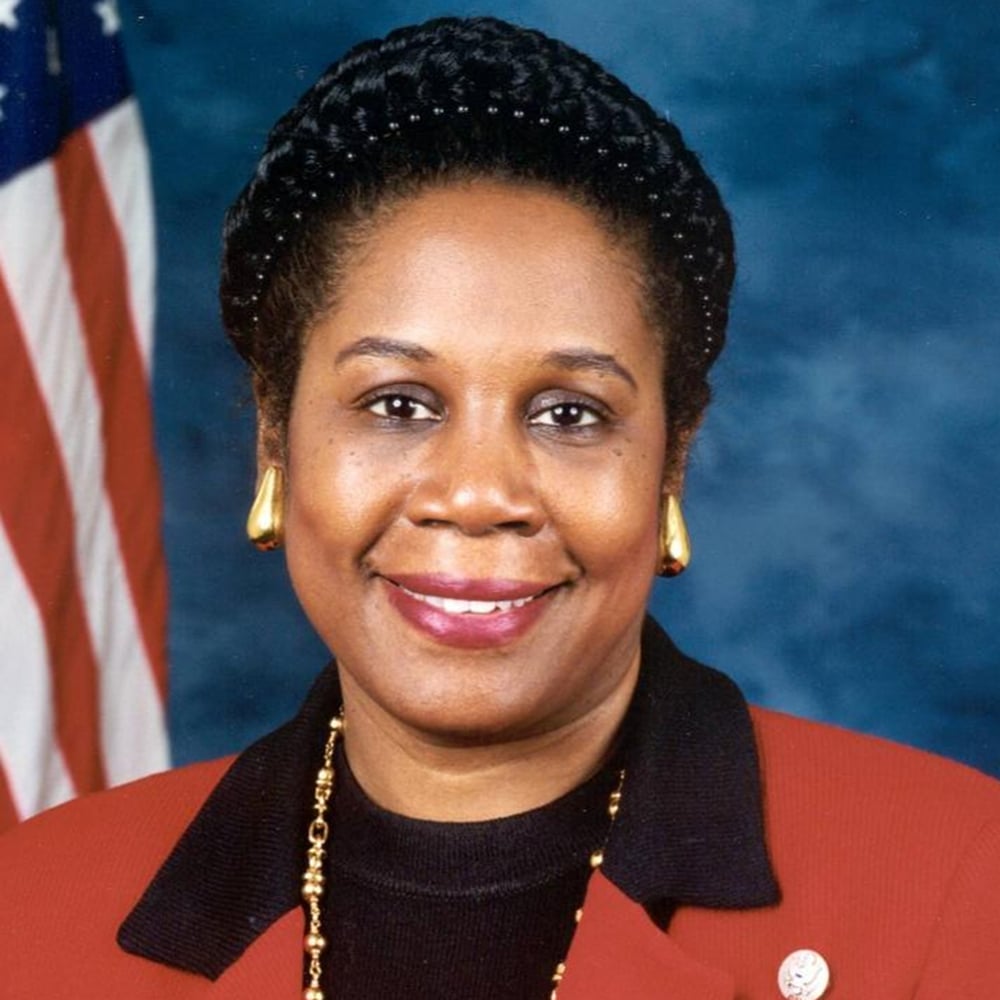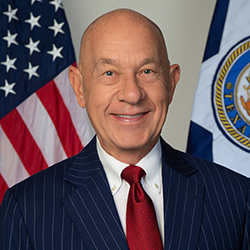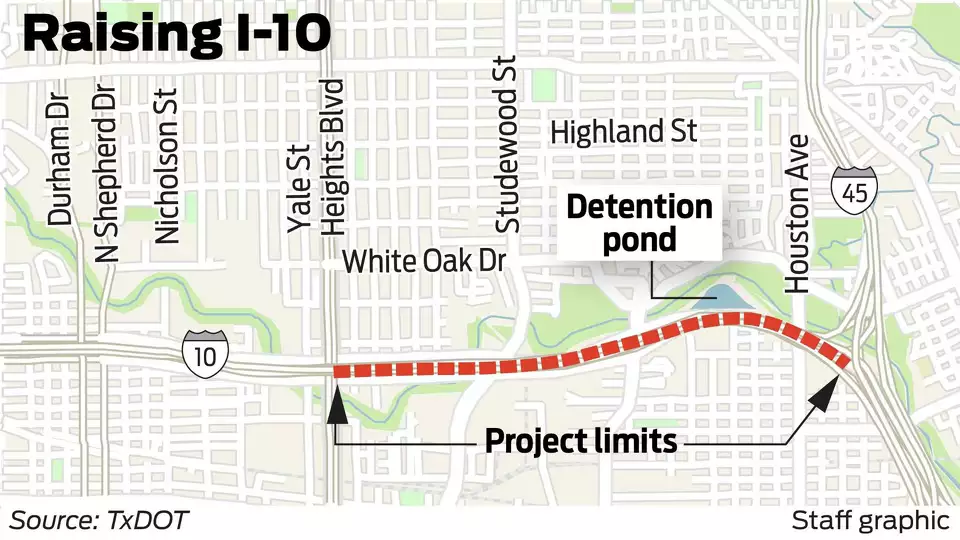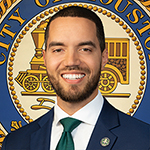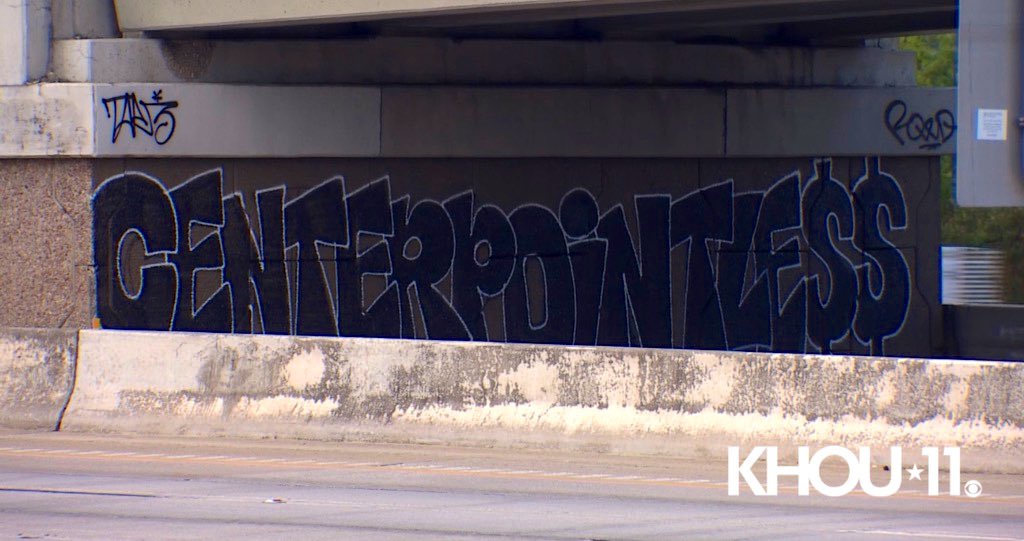This was a well-organized event, and my kudos to everyone who put it together in such a short period of time. I just have a couple of comments.
Candidates vying to fill the congressional seat of the late U.S. Rep. Sheila Jackson Lee made one final appeal as to why they are the most qualified to fill her shoes during a Saturday forum at the Young Women’s College Preparatory Academy.
Jackson Lee died July 19 following a battle with pancreatic cancer. She represented the Houston area for more than 30 years.
The district’s 88 precinct chairs have been placed in charge of selecting the party’s nominee for the race since there is no time for a primary. They have been conducting interviews with candidates throughout the week and will convene at 6 p.m. Tuesday at Wheeler Avenue Baptist Church’s Community Life Center to select their nominee.
Gov. Greg Abbott has also called for a special election to fill the remainder of Jackson Lee’s term, which ends in January. Candidates with eyes on that race will have until Aug. 22 to sign up.
Ahead of that selection, seven of the race’s contenders — including former Mayor Sylvester Turner, state Rep. Jarvis Johnson and former Houston City Council Member Amanda Edwards — spoke about a wide array of topics, from the Houston ISD takeover and the cancelation of Metro’s University Line to overcrowding and understaffing at the Harris County Jail and job creation in the district.
The seven candidates who appeared onstage Saturday were the top picks surveyed by precinct chairs for the nomination, the event’s hosts said.
The story goes on to list some top takeaways, and you can read that and the other coverage, which I will link at the end, for more. Of the seven candidates that were on stage, I’ve done interviews with four of them (Amanda Edwards, Rep. Jarvis Johnson, Rep. Christina Morales, and former Mayor Sylvester Turner), while the other three were new to me. Everyone presented themselves well, and even the ones I have ranked at the bottom of my personal preference list made some good points.
My main complaint is that some of the questions were not really useful. Too many were on local issues: the state takeover of HISD, how CenterPoint conducts its business, the issues at the Harris County jail. The latter was used as a springboard for broader criminal justice reform and mental health matters, which were useful and illuminating, but the point is that the question isn’t really about what Congress can do. A question about immigration policy, or about court reform (candidate Cortland Wickliff repeatedly harped on SCOTUS and the need to reform it, mostly echoing the recent Biden proposals, and while that was good and easily his best moments, I’d have greatly preferred it to be a question for all and to go beyond just SCOTUS), or about voting rights (again brought up by some candidates as a priority for them and a means to achieve some of the other items asked about), or about tax policy would have been better.
The question about term limits was bizarre, in part because we’ve all spent the last month lauding Rep. Jackson Lee for all the things she was able to accomplish in her 30 years in office, including her most recent efforts on making Juneteenth a national holiday. Like, would any of us feel that we’d have been better off if she’d been arbitrarily forced out of office after four terms or something like that? The voters kept returning her to office because they wanted her there and they approved of her performance. I don’t believe in taking that choice away from them. The one candidate who answered that question in a way I approved of was Mayor Turner. To be fair, the younger candidates in particular bemoaned the lack of opportunity for people like them to get taken seriously as candidates, and connected this with the perennial efforts to engage younger voters. Making the question about that instead of a referendum on term limits would have been far better.
Even with the question choices, the candidates had some good things to say. This was aired last night on Fox 26, and you can see the video here. The election itself is tomorrow at 6 PM, and I’ll report on that afterwards. The Trib, Houston Landing, and the Press have more.

